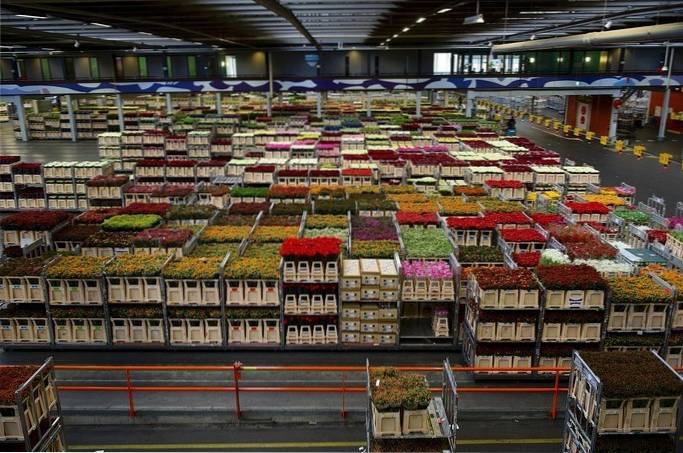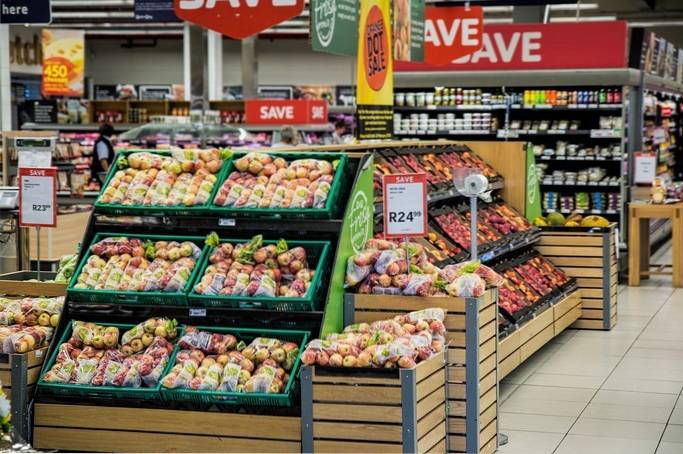
Wholesaler and retailer

Wholesaler refers to the person or company that is dedicated to the purchase and / or sale of products in batches, or in significant quantities. It is an intermediary between the factory or importer and the retailer.
Retailer is the person or company that sells products at retail, that is, by units. It is the link with the final consumer.
The difference between wholesaler and retailer is in the quantity of products or merchandise they purchase, and in their position in the distribution chain. While the wholesaler has direct contact with producers, manufacturers or importers, the retailer has direct contact with consumers, or the end market.
| Wholesaler | Retailer | |
|---|---|---|
| Definition | People or companies that are dedicated to the commercialization of products in large quantities, destined for the retail market. | People or companies that are dedicated to the commercialization of products by units, destined to the final consumer. |
| Types |
|
|
| Characteristics |
|
|
What is a wholesaler?

The wholesaler is any participant in the distribution chain that has the ability to purchase and store products by volume. It is the first contact of the producer or manufacturer who, for logistical and operational reasons, cannot reach the final consumer directly.
Types of wholesalers
Although there is no formal classification, the market distinguishes two classes of wholesalers, according to their purchasing potential:
Large wholesalers
Not only can they purchase large batches of product, but by doing so, they generally obtain preferential prices from the manufacturer, as their purchase significantly incentivizes production and keeps the business up and running. Distribution companies, for example, are wholesalers.
Small retailers
Their purchasing and storage capacity is lower, but they are also important in the marketing chain because they can reach market sectors in which large wholesalers do not operate, either due to geographical or logistical limitations..
Wholesalers have an advantage over retailers, and that is that their proximity to the producer or manufacturer allows them to have greater maneuverability in negotiations, but also, they concentrate a large part of the demand for the product, which makes them in many cases , in a must-have item for retailers. Small supermarkets or warehouses in towns or small towns are retail businesses.
On the other hand, although large manufacturers benefit from wholesalers by having a part of the sale of their products insured, this can also be an inconvenience, since if a wholesaler decides to stop negotiating with a manufacturer, the economic losses for this can be very high.
What is a retailer?

The retailer is the person or company that is dedicated to buying small quantities of product that are going to be marketed directly to the final consumer.
Although their purchasing and storage power is usually not as great as that of retailers, their advantage is that their sales volume is very high. In addition, retailers can reach geographic areas or niche markets that are not available to wholesalers..
Being in contact with the final consumer, they are the penultimate link in the marketing chain, which makes them the center of advertising and marketing strategies for brands that want to reach directly to the people who buy their products..
Types of retailers
Within the retail trade there are classifications, according to the structure and services offered.
Traditional retailer
They are the usual shops or commercial premises in residential or commercial areas, such as butchers, pharmacies, shoe stores, etc. They are characterized by having a counter, one or more sellers and a warehouse, to which the final consumer does not have access.
Free Service Retailer
As its name indicates, here the end consumer can directly choose the products they are going to buy, without having to go to a vendor. Supermarkets or convenience stores respond to this model.
Mixed retailer
In these establishments, the buyer can choose the products they want, independently. However, you can also turn to a salesperson if you wish. Department stores are a prominent example of this category.
The retail trade does not always have a commercial area or premises. When this happens, sales are made directly, through various methods: door-to-door sales, by catalog, through vending machines, etc..
In these cases, the retailer is usually a person, not a company..
See also:
- Import and export
- Assets, liabilities and capital
- Latifundio and minifundio



Yet No Comments